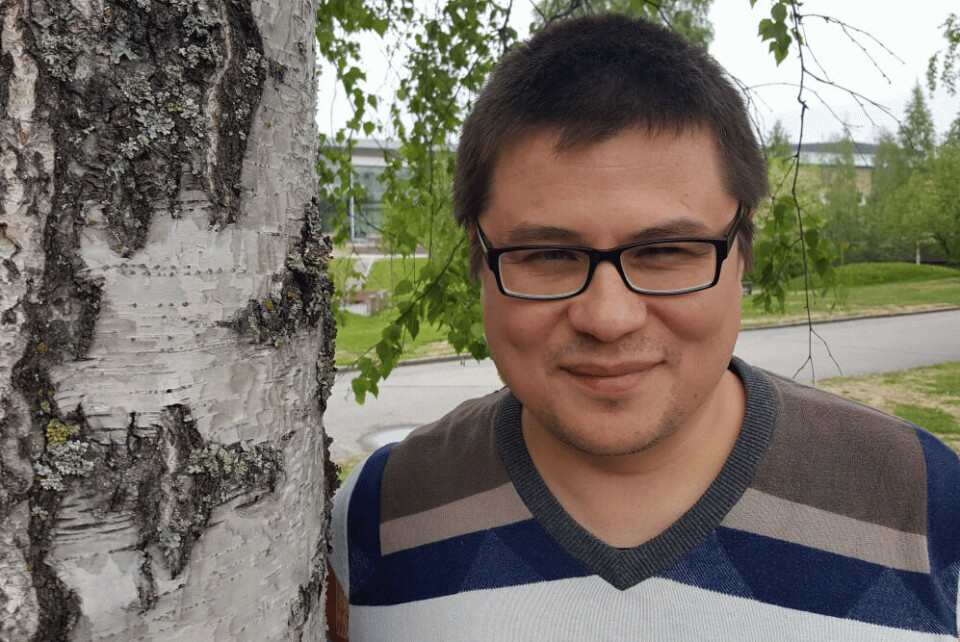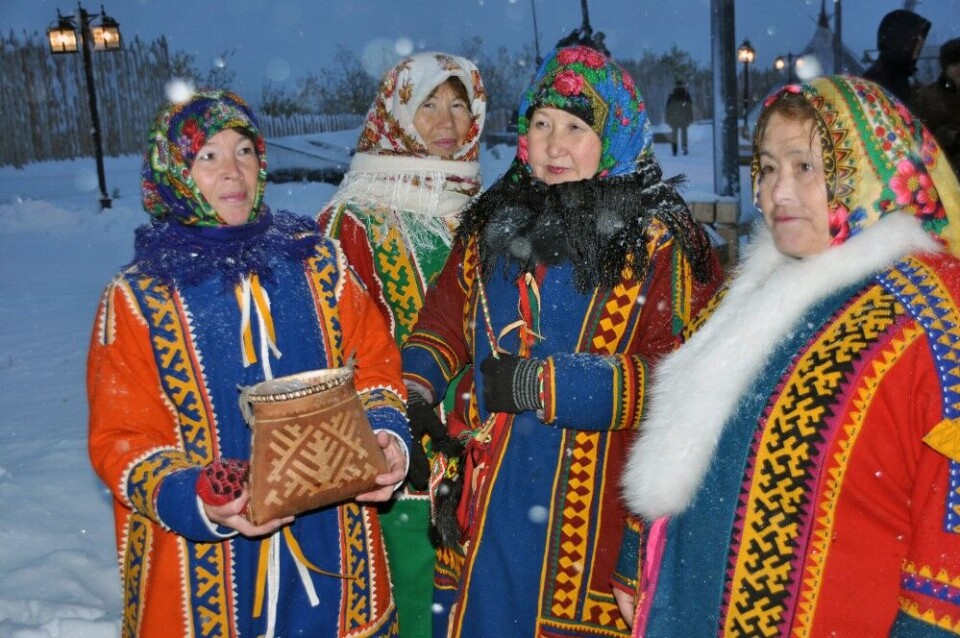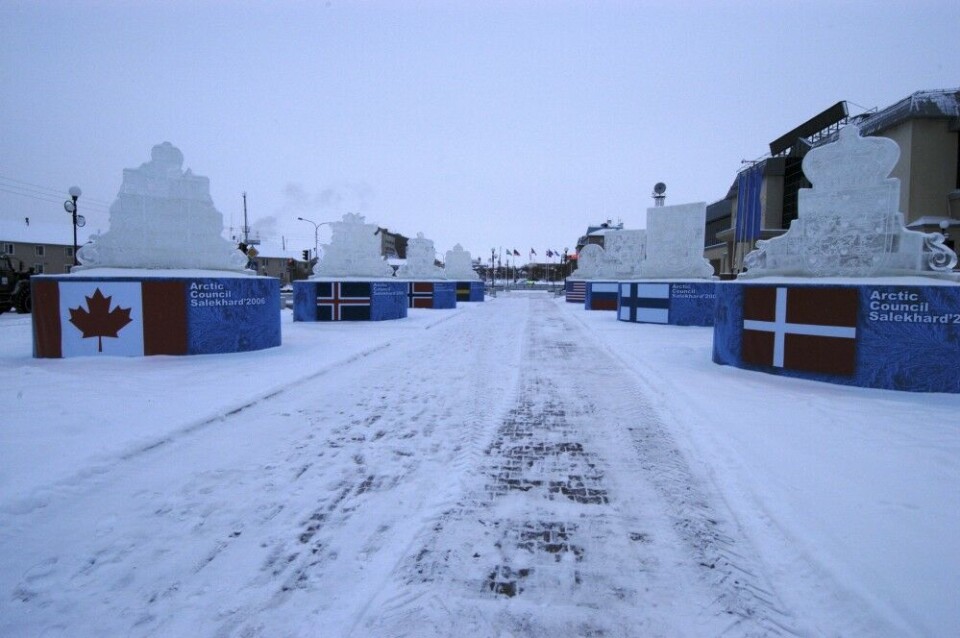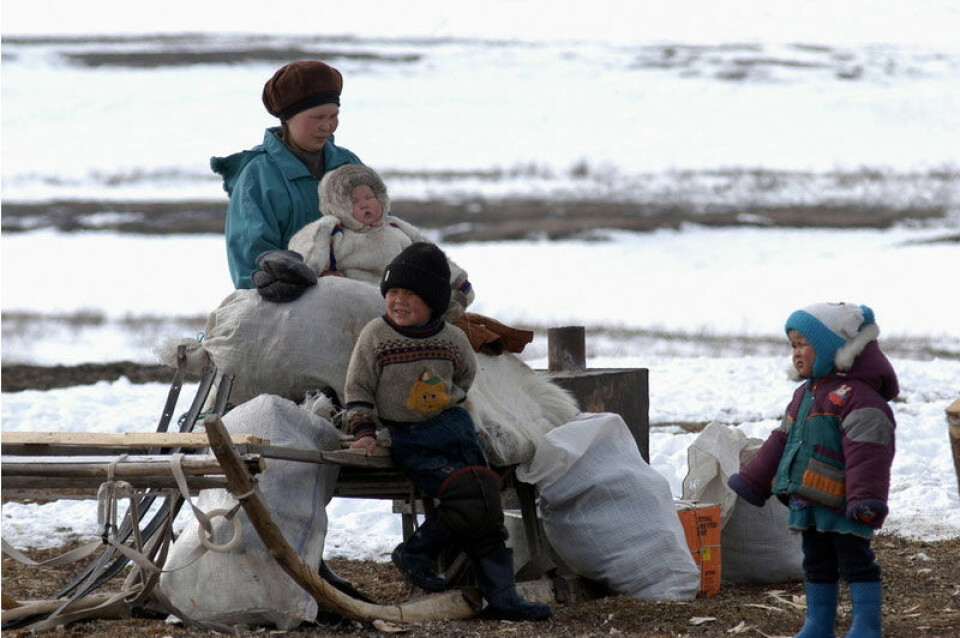
Russia removes critical voices ahead of Arctic Council chairmanship, claims Indigenous peoples expert
Moscow highlights the Arctic as territory of dialogue, but a recent court order might indicate that not everyone is welcomed to that dialogue.
The shut down of an advocacy group that on behalf of indigenous peoples talked human rights, cultural preservation and environmental protection follows a pattern of clamp down on voices criticizing authorities.
“The immediate reason for the closure is Russia’s upcoming chairmanship of the Arctic Council,” said Dmitry Berezhkov to the Barents Observer.
Berezhkov, who now lives in exile in Norway, is a former vice president of RAIPON, the Russian Association of Indigenous Peoples of the North, Siberia and the Far East.
Moscow takes over the chair of the Arctic Council from Iceland in spring 2021 for a two-years period.
“Security forces and strategists are clearing space,” Berezhkov said.
He fears Moscow leaves no more room for debating issues important for indigenous peoples, that be coal mining, oil- and gas extraction on the Siberian tundra or expansion-minded timber industry in the taiga-forest.
Dmitry Berezhkov’s former organization RAIPON got a warning by the Ministry of Justice in November 2012 that it had to close down following irregularities in its organizational statues. A few months later, however, the organization was taken over by a new leadership speaking in line with government structures.
Meanwhile, the Centre for the Support of Indigenous Peoples of the North (CSIPN) has sailed up as the strongest domestic voice in Russia talking indigenous rights.
The head of the organization, Rodion Sulyandziga, told the Barents Observer shortly after the court ordered the group to shut down that hindering contacts with international organizations and forums was exactly why the Justice Ministry took the case to court.
Sulyandziga himself has experienced how the security police have troubled his attempts to stay in contact with the international community.
In September 2014, Sulyandziga was detained at Moscow’s Sheremetyevo airport where FSB border service sized his passport for later returning it with one page cut out. Sulyandziga was on his way to board a plane to New York to attend the UN World Conference on Indigenous Peoples.
Now, Sulyandziga calls on the international society to show solidarity with CSIPN.
The claims against the organization, Rodion Sulyandziga said, is “a continuation of the pressure campaign for its sustained efforts to uphold the human rights of indigenous peoples of Russia’s North.”

Dmitry Berezhkov today runs a database with analytic publications on the rights of indigenous peoples in northern Russia. He wants international organizations to be aware of the different players - with different agendas - among indigenous peoples.
“When negotiating with RAIPON, international organizations should understand that they are faced with illegitimate representatives of Russia’s indigenous peoples,” Berezhkov claims.
RAIPON is permanent participant in the Arctic Council and the group said in a statement earlier in November that it is ready to provide legal assistance to the CSIPN now facing closure.
RAIPON, though, underlined the need to obey with the law.
“We live in a state based on the rule of law and, of course everyone must abide by the laws, including the requirements of normative legal acts of the Ministry of Justice,” the statement said. RAIPON calls on all indigenous peoples in Russia “to unite in the interests of our people,” and “building a constructive dialogue with authorities.”
The latter is, according to the RAIPON statement, “always a more difficult way than the usual hype on the internet and social networks.”
CSIPN dismiss claims that its paperwork and registration was incomplete.
“This is political. The goal of Russia is to keep us outside any international Arctic venues,” Sulyandziga said.

Norway, EU concerned
As previously reported, the European Union shortly after the court decision to shut down CSIPN called on Russia to “create the proper conditions of state support for NGOs and to foster an open an inclusive environment for their growth.”
Asked by the Barents Observer about the case, Norway’s Foreign Ministry said free expression, pluralism and defense of minorities are essential for democratic societies.
“It is deeply regrettable that Russian authorities have forcibly dissolved the Centre for the Support of Indigenous Peoples of the North,” State Secretary Audun Halvorsen said.
He underlines that it for Norway will be “important to support and strengthen civil society groups, including in Russia” during the chairmanship period of the Barents Council hold by Oslo for the 2019-2021 period.
The Barents cooperation was originally established to foster cross-border contacts between northernmost parts of Norway, Russia, Finland and Sweden.
“We are very concerned about the constant pressure against civil society in Russia, including that of indigenous peoples,” the state secretary said.
‘Foreign Agents’
In the Barents region, troubles are nothing new for non-governmental groups. The organization Yasavey Manzara in Nenets Autonomous Okrug became the first indigenous peoples organization to be labelled ‘foreign agents’ in September 2015.
Another seven civil society groups in Murmansk, Arkhangelsk, Karelia and Komi have since 2014 got the same ‘foreign agent’ stamp leading to most of them shutting down activities and cross-border contacts.
The law that came into force in 2012, imposed organizations receiving funding from abroad and engaging in political activity to register as ‘foreign agents’. Very few organizations voluntarily agreed to designate themselves as such, and from 2014 the Ministry of Justice was granted powers to name agents of their own.
State Secretary Audun Halvorsen points to the recently announced resuming of bilateral human rights consultations with Russia.
After a long break, the human rights dialogue between the two countries was announced re-established when the foreign ministers of the two countries, Sergey Lavrov and Ine Eriksen Søreide, met in Kirkenes in late October.

… We hope you like to read our articles and want to help us report more about Indigenous peoples.
For 17 years, the Barents Observer has provided serious, fact-based stories about life and developments in the North. Please help us to strengthen our independent journalism. Get engaged, give a small donation. Thank you!
















